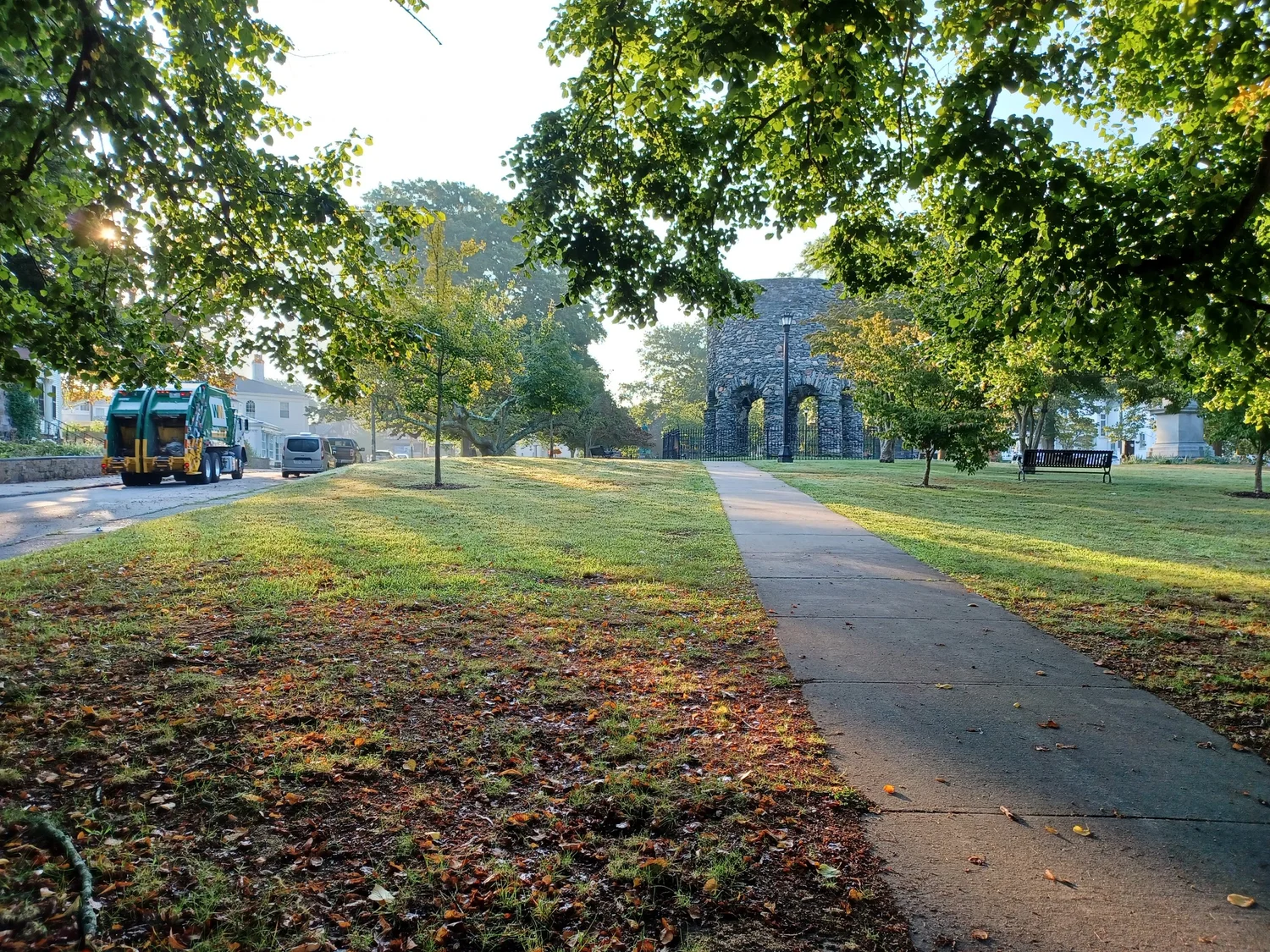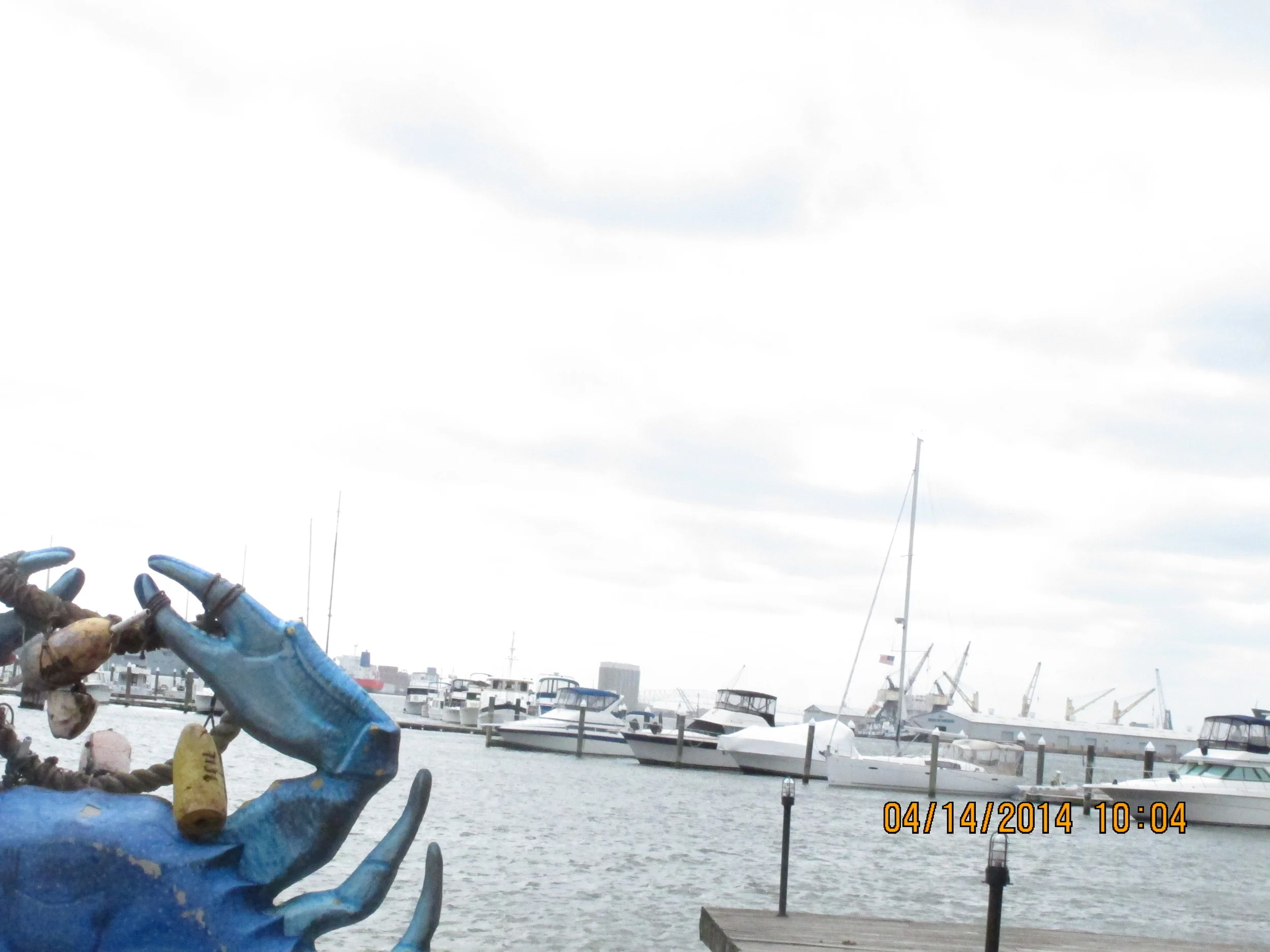Living With the Difference is the Hope
/These days, sidestepping the shadow of hate feels like bathing in sunshine. So when Emmanuel Macron became president of France, besting a candidate who seemed sure to turn immigrants into victims, I took it as prompt to breathe easy. That betrayed my bias, of course, and I bet it shows more about my need for comfort than my command of Euro geopolitics. We humans mainly feel more thoroughly than we assess - but maybe we can find a way to turn that feeling to productive ends.
That's because one application from France amounts to acting as if people will support the idea of living with people unlike themselves.
I don't know you, I probably never will meet you, but I can't escape knowing you're part of my day.
the crises trapping our politics might seem impossible to square without volumes of study and boatloads of luck. Few among us can map how to shore up health insurance or stoke business without coddling big banks. Unlike times of slavery or cold war, we scrape against differences of degree and design. Can you replace coal jobs with solar ones? Can you draw wealthy young families to cities without edging out older low-income ones? Can America snap the opioid epidemic? The answer always comes back to: well, I think so, but I dunno...
And here's where a simple jolt like a pluralist victory in France can act like a flashlight in whatever course you're trying to manage. Because the course toward brokering compromises on public policy might just start with the commitment to live with people unlike yourself.
We've read about the "great sort". The finding shows that more Americans cluster among people who share our attitudes in virtual life - but we also live, work and go to school with think-alikes. Small wonder that a guy comes along and succeeds by exploiting electoral math with the message that nobody has to try to understand people on the divide's other side.
In that chilly context, the commitment to design cities and schools so that people live and learn with people of different backgrounds feels like a radical vision. Programs like free (you know, subsidized) college tuition, or urban codes that downplay parking, or incentives for communities to set up their own solar networks turn negotiation on and leave it on. They make for at least some conflict, some adjustment, and some progress.
And so the faith in urban design that sustains these pages sticks with me, even as politics challenge my faith in psychology. Poke around this site and see how you can make use of the premise that designing places for contact ups the odds of governing places with confidence.



